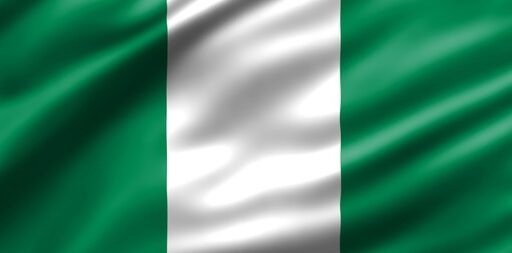Nigerian journalist Jamil Mabai detained by religious police while seeking interview
Nigerian authorities should swiftly and comprehensively investigate the detention of freelance journalist Jamil Mabai by religious police in northern Katsina State and hold them to account, the Committee to Protect Journalists said Monday.
Mabai, who was on assignment for the privately owned Trust TV, had been invited to the offices of the Hisbah, which enforces Islamic Sharia law, on May 14 to interview their spokesperson, Nafiu Muazu Akilu, following reports that a wedding guest was shot dead while Hisbah officials were enforcing a ban on DJs playing music, according to the journalist, who spoke with CPJ and posted on X, and media reports.
When Mabai arrived at the Hisbah offices in the state capital Katsina, officials briefly detained him in a cell, then took his mobile phone, and threatened to beat him, those sources said.
“Nigerian authorities must credibly investigate this harassment of journalist Jamil Mabai, hold those responsible to account, and ensure journalists can do their work without fear of detention,” said Angela Quintal, head of CPJ’s Africa program, from Maputo, Mozambique. “Jamil Mabai’s detention by religious police is part of a pattern of press freedom violations in Nigeria, where journalists are all too often arrested, harassed, and intimidated while trying to carry out their professional duties.”
Sharia was introduced alongside secular law in 12 Muslim-majority northern states in 1999. Hisbah groups combat what they regard as immoral behaviors, by destroying alcohol, removing beggars from the streets, and arresting Muslims eating during the Ramadan fasting period. Critics have accused the religious police of abusing human rights.
In April, Katsina State’s Hisbah Commission issued a directive banning DJing.
Mabai told CPJ and posted on Facebook that the Hisbah’s Community Watch Corps tried to shut down a wedding with a DJ on May 10 and in the process, one guest, Gambo Ibrahim, also known as Gambo Mai Pachi, was shot dead.
Mabai told CPJ that when he and his cameraman arrived at the Hisbah office on May 14, Akilu told him by phone that other officials would direct the journalist to his office.
Instead, Mabai said, five officers led him to a cell and told him they had received “orders from above” to detain him, without further explanation, and did not listen to his explanation that he was a journalist who had been invited for an interview by Akilu.
Mabai told CPJ that his cameraman was allowed to leave, but he was ordered not to phone anyone about his detention.
After a few minutes, Mabai said, the officers took him from the cell to a room where the Commander of the Hisbah Board, Aminu Usman Abu-Ammar, accused the journalist of trying to tarnish the Hisbah’s reputation, but no one could destroy their work. Mabia said one Hisbah official seized his phone while two others holding canes threatened to beat him.
After about 90 minutes, Mabia said, his phone was returned and he was allowed to leave.
Akilu told CPJ that he invited Mabai for an interview but was out when the journalist arrived. Akilu said that when he returned to the office, he found Mabai talking with Abu-Ammar, after which the journalist left. Akilu said he was “shocked” by reports that the journalist had been detained.
“I don’t think that story is true … if it is true I must know,” Akilu said by phone, adding he was certain that Mabai spent less than an hour at the Hisbah office and he had no information about allegations that Hisbah officials seized Mabai’s phone and threatened to hit him.
Akilu said that Mabai had spent months attacking Abu-Ammar’s personality and that “attacking someone’s personality is wrong, professionally.”
In recent years, numerous journalists have been arrested, detained, prosecuted, harassed, charged, and physically assaulted across Nigeria.
CPJ called Abu-Ammar to request comment but the line was either busy or unanswered.

